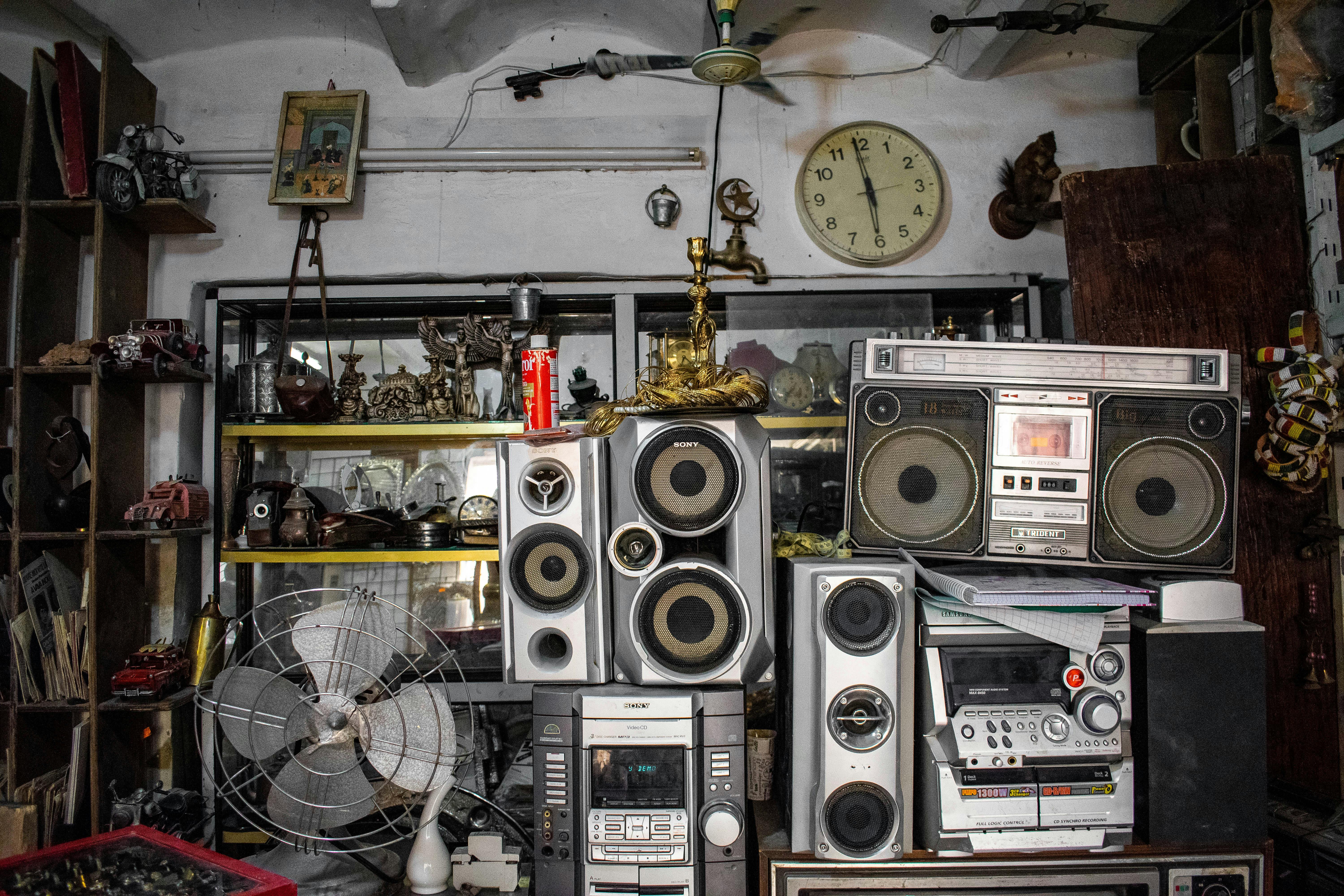The Childhood and Radio Days in India
If you grew up in the 1990s or earlier in India, the word “radio” probably brings a smile to your face. Back then, not every home had a TV—those were a luxury. But a radio? That was our window to the world, our daily dose of music, stories, and connection. As a kid in Uttar Pradesh, where my family moved often for my dad’s Air Force job, our little radio was like a best friend. Among all the stations, Vividh Bharati stood out—a legendary Indian radio channel that’s still alive today, carrying the same old-school charm. For Western readers, imagine tuning into a vintage AM station playing folk tunes or classic hits, transporting you to a simpler time. Let me take you back to those radio days and share a memory that still warms my heart.
Vividh Bharati: A Soundtrack for Every Moment
Vividh Bharati was like a jukebox for the soul, with programs that lit up our days. Picture waking up to Vandanvar, a morning show filled with soothing devotional songs that set a peaceful tone. From 6:30 to 8:45 a.m., the airwaves played free-flowing melodies—old Bollywood hits that made you hum along. At 8:45, the news came on, followed by more film songs that felt like a hug from the past.
By afternoon, Sadabahar Nagme brought timeless classics, each song a gem that could make my grandma smile as she cooked. Then came Hello Farmaish, a fun show where listeners from across India called in to request their favorite tunes—imagine a radio version of a community playlist, full of surprises. At 7:00 p.m., Jaymala played songs chosen by soldiers, a heartfelt nod to India’s armed forces that always hit home for my Air Force family. After the 8:45 p.m. news, Hawa Mahal aired at 8:00 p.m., delighting us with short, funny radio plays. One I loved was about a quirky train journey to Udaipur—pure laughter in 15 minutes.
Late at night, Ujale Unki Yaadon Ke was a treat, where Bollywood legends like lyricists and composers shared behind-the-scenes stories about making iconic films. Even today, Vividh Bharati’s Natya Tarang feels like flipping through an old magazine, with radio dramas that spark nostalgia. Back then, radio wasn’t just entertainment—it was our movies, our music, our stories, all in one.
A Village Memory That Sings
Let me share a moment from about 20 years ago, during a summer vacation in my village in Uttar Pradesh. I was maybe 10, sprawled on a cot in our rooftop room, fiddling with a small, boxy radio. I turned the dial, hunting for a signal. Our village was too far—70 or 80 kilometers—from Allahabad’s FM stations, so we relied on Medium Wave for local channels or Short Wave for Vividh Bharati. That day, I caught a local station playing folk songs.
The host introduced the next song, and out came a melody so simple, so sweet, it stopped me in my tracks. A woman’s voice sang, backed by a dholak, cymbals, and a lone flute. I was too young to catch all the words, but one line stuck: “Achra dhai ke rovai”—meaning “she holds her veil and weeps.” It was probably a bidaai song, sung for a bride leaving her family, her voice full of longing. That line, repeating softly, painted a picture in my mind—a young woman clutching her dupatta, tears falling as she said goodbye. Even now, that melody lingers, like a half-remembered dream.
Sadly, songs like that are rare today. Folk singers, traditional instruments, and stations playing such music are fading. Radio itself feels like it’s slipping away, replaced by streaming apps and screens. But for those of us who grew up with it, radio was magic—a friend that told stories, sang songs, and brought our village to life.
Why Radio Still Matters
For Western readers, radio might remind you of car rides with classic rock or late-night talk shows. In India, it was our everything—our Netflix, our Spotify, our connection to the world. Vividh Bharati gave us Bollywood hits, folk tales, and a sense of belonging, whether we were in a bustling city or a quiet village. It’s a reminder of a time when life felt slower, when families gathered around a crackling speaker to laugh and sing.
If you’re in the US, UK, or Canada, try tuning into an AM station or searching for Vividh Bharati online—it’s still broadcasting! You might hear a song that feels like a warm hug or a story that makes you chuckle. For me, radio is a bridge to my childhood, to summer nights in Uttar Pradesh, to moments that shaped who I am.

No comments:
Post a Comment